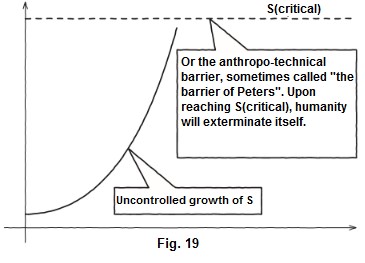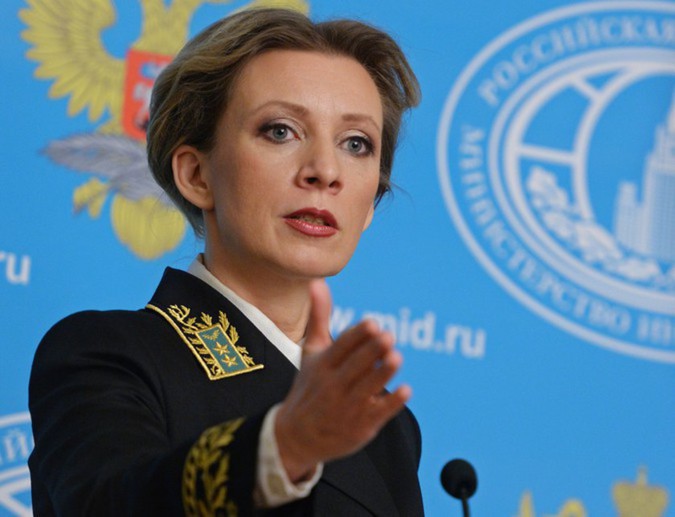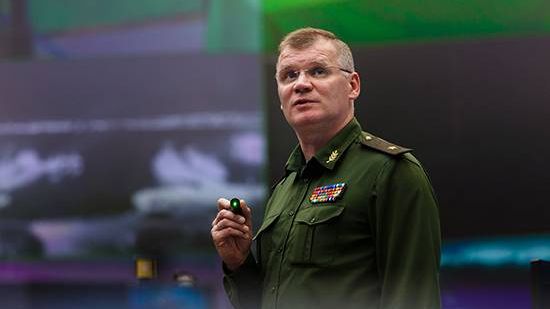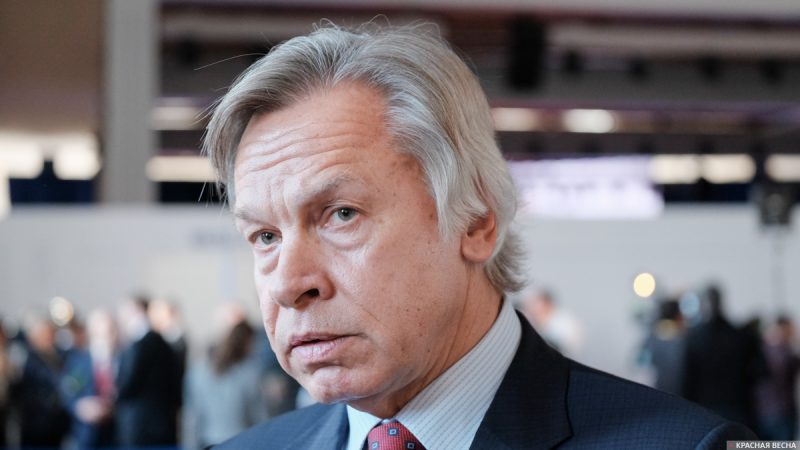On May 3, the Italian newspaper Corriere della Sera published an interview with Pope Francis. The Jesuit devoted the lion’s share of the interview to a discussion of the situation in Ukraine and the role he is willing to play in resolving this conflict.
At the very beginning of his conversation with the Italian journalist, Francis said that he called Ukrainian President Vladimir Zelensky on the first day after the start of the special operation, and twenty days later asked Cardinal Parolin to give Putin a message that he was ready to go to Moscow.
“I am afraid, however, that Putin is unable or unwilling to agree to our meeting at this time. But how can you not try to do what you can to stop the atrocities?” Corriere della Sera quoted Francis as saying.
Then the Pope, after making it clear that he needed a meeting with Putin, allowed himself a very cautious and at the same time revealing assumption that increases his chances of a positive response from the leader of the Russian state. He conceded that “NATO’s barking at Russia’s door” prompted the Russian leader to launch a special operation in Ukraine. This is a gentle hint that there are points of contact, and the Vatican is ready to discuss them, albeit at the cost of a momentary critical response from the Western media to such a statement.
“I will not go to Kiev yet … First I have to go to Moscow, first I have to meet with Putin. But I’m only a priest, what can I do? I’ll do what I can. But if Putin decides to leave the door open…” Francis continues with Jesuit cunning.
Asked by a journalist whether Patriarch Kirill of Moscow and All Rus’ can convince Putin to help open the door, Bergoglio unequivocally makes it clear that no, he cannot.
“I talked to Kirill for forty minutes on Zoom. For the first twenty minutes he read from a piece of paper he held in his hand all the reasons justifying the Russian invasion. I listened to him and then replied, ‘I don’t understand any of this. Brother, we are not government ministers; we are not supposed to speak the language of politics, but the language of Jesus. We are shepherds of the same holy flock of God. For this reason we must seek the way to peace, we must cease hostilities. The Patriarch cannot stoop to becoming Putin’s obedient servant.’ I had an appointment with him for June 14 in Jerusalem. It would have been our second face-to-face meeting, having nothing to do with the war. But we canceled it, we agreed that it might send the wrong message.”
What did the pope say here? He said that he was willing to discuss the matter directly with Putin. And that he was not ready to use Patriarch Kirill’s channel.
“Not enough people are willing to work for peace,” was the Pope’s conclusion. “War is terrible, we must shout about it with all our strength… I have a bad feeling about all this, I confess I am very pessimistic. However, it is our duty to do everything in our power to stop the war,” the pope ended his conversation with a journalist on such a pathetic note.
On the same day, Russian Ambassador to the Vatican Aleksandr Avdeyev emphasized the importance of dialogue with Pope Francis in any international situation, and added that “the Pontiff is always a desired interlocutor”.
So why is the pope explicitly asking for a meeting with Putin in person, while rejecting the talks through Patriarch Kirill? What was the reason for Francis, aware of all the risks caused by such a move, to speak out loud about “NATO barking at Russia’s door,” which could cause a military operation at this very moment?
In an interview with Rossa Primavera News Agency on July 4, 2019, Father Vsevolod Chaplin, commenting on the meeting of the heads of the Vatican and Russia, held at the Vatican on the same day, said that the meeting itself is not so important. What is important is “the penetration of Uniate [Ruthenian Uniate Church] on the territory of Russia, because it was the representative of the Uniate who actively participated in the collapse of the USSR and the events of the ‘Maidan Nezalezhnost’ [in Ukraine].”
The former head of the Synodal Department for Relations between Church and Society of the Russian Orthodox Church drew the readers’ attention to a number of circumstances connected with the influence of the Uniates on the processes taking place. Below we quote a large excerpt from this interview,
“There is already an attempt to create a Greek-Catholic association in our country. At the same time, we should remember that Uniate is the historical enemy of Russia as an independent civilization. And the Orthodox civilization.
It was the Uniates who ruined the Soviet Union. Then the representatives of the Uniate in Lvov, Ternopol, and Ivano-Frankovsk took to the streets in Kiev in 1991, holding the very first Maidan.
The representatives of the Uniate were one of the three main forces at work during the 2014 Maidan, along with pseudo-nationalists and sectarians. Uniate groups, organized with the blessing of the clergy, traveled from western Ukraine to the Maidan.
In places like Venezuela, Hong Kong, so-called “Catholic organizations” are also serving as driving forces for regime change when it suits the West. Groups that oppose Maduro have gathered in the church buildings that are under the control of the Vatican. Monks participated in rallies against Maduro – we all saw it.
This is one of the most recent, but not the only, examples of Vatican adherents trying to change regimes undesirable to the West. The events on Maidan is … just one episode among such stories but concerns us very closely.”
So isn’t the threat of physical destruction during a special military operation of denazification and demilitarization of those Uniate institutions and clerics working directly in Ukraine the reason why the pope is literally asking for a meeting with Vladimir Putin?
Losing such a powerful network, such a number of agents of influence was clearly not part of the Vatican’s plans.
Translated from https://t.me/shotday/261 and https://t.me/shotday/262




